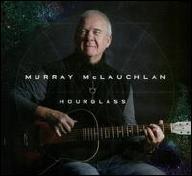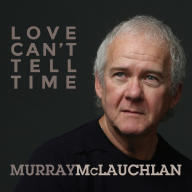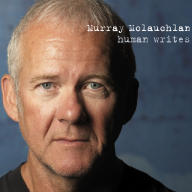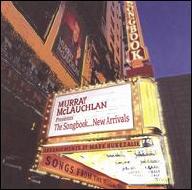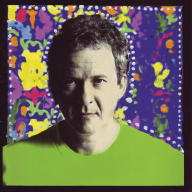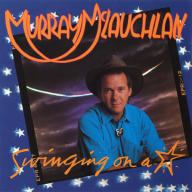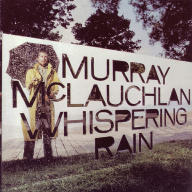McLauchlan was born on June 30, 1948 in Paisley, Renfrewshire, Scotland. He immigrated with his family to Canada at the age of five, settling in Toronto, and went on to study art at Toronto's Central Technical School, where his instructors included the acclaimed landscape artist Doris McCarthy. While McLauchlan showed great potential as a painter, he developed a passion for music, and put down his brush to devote his talents to guitar and songwriting. At 17, he made his debut as a performer, playing coffee houses in Toronto's Yorkville district, and a year later he made his way onto the bill at Ontario's Mariposa Folk Festival. Hoping to expand his career, McLauchlan spent a few years living in New York City's Greenwich Village, where he rubbed shoulders with many of the major singer/songwriters of the day. Tom Rush covered two of McLauchlan's songs, "Child's Song" and "Old Man's Song," while another of his tunes, "Honky Red," would make its way into the repertoire of Kris Kristofferson, Waylon Jennings, and Bobby Neuwirth.
By the end of the '60s, McLauchlan had returned to Toronto, and after his manager Bernie Finkelstein launched the independent record label True North Records, McLauchlan landed a deal with the label. 1971's Songs from the Street was McLauchlan's first album, and fared well enough to break into the Top 40 on the Canadian Album charts. In 1972, McLauchlan cut his second album in New York City, and the self-titled LP spawned his first hit single, "Farmer's Song," which rose to number six on the Canadian charts. The tune also earned McLauchlan three Juno Awards, for Best Songwriter, Best Folk Single, and Best Country Single. 1973's Day to Day Dust was an even bigger commercial success, peaking at number 13 in Canada, and found McLauchlan backing up the environmental concerns in his lyrics by using recycled materials for the album's lyrics sheet. 1974's Sweeping the Spotlight Away included the single "Down by the Henry Moore," a musical travelog of Bohemian Toronto that topped the Country and Adult Contemporary charts. By this time, McLauchlan had earned a reputation as a solid live act, and played frequently in Canada and the United States; 1975's Only the Silence Remains was his first live album, documenting a concert in Halifax.
Given the sometimes-rowdy nature of his songs, McLauchlan was a folkie who seemed cut out to play rock & roll, and in 1976 assembled an electric backing band, the Silver Tractors. The band upped the volume and attitude on the albums Boulevard (1976), Hard Rock Town (1977), and Whispering Rain (1979). During this period, McLauchlan had put enough tunes on the charts to merit his first "best-of" album, Murray McLauchlan's Greatest Hits, in 1978. In 1980, McLauchlan scored another hit, "Try Walking Away," from his self-produced album Into a Mystery. 1981's Storm Warning included the song "If the Wind Could Blow My Troubles Away," which was chosen as the theme song for the International Year of Disabled People. Murray stayed busy in the '80s, releasing four albums -- Windows (1982), Timberline (1983), Heroes (1984), and Midnight Break (1985) -- in as many years, as well as taking part in the session for the all-star Canadian charity single "Tears Are Not Enough," released under the moniker Northern Lights. He also won the Juno Award as Best Country Male Vocalist five times between 1980 and 1989.
For 1988's Swinging on a Star, McLauchlan left True North Records and signed with Capitol; the move seemed prudent, as the album produced three singles that made the Canadian country charts, "Please Don’t Call It Runnin' Away," "Love with a Capital L," and the title track. McLauchlan followed it in 1990 with the more topical The Modern Age, in which he was backed by members of the Odds, Blackie and the Rodeo Kings, and Spirit of the West. After the album's release, McLauchlan was awarded the Order of Canada in 1993. During this period, he took a sabbatical from music to focus on writing; he penned a memoir, Getting Out of Here Alive, that was published in 1998, as well as a play about a jazz vocalist, Eddie, which was first staged in 2004. In 2001, McLauchlan returned to live performing, and joined Ian Thomas, Marc Jordan, and Cindy Church in the ad-hoc group Lunch at Allen's. It wasn't until 2011 that McLauchlan released an album of new material, Human Writes. In 2016, McLauchlan was inducted into the Canadian Country Music Hall of Fame, and the following year, he issued his first album in five years, Love Can't Tell Time. ~ Mark Deming, Rovi


